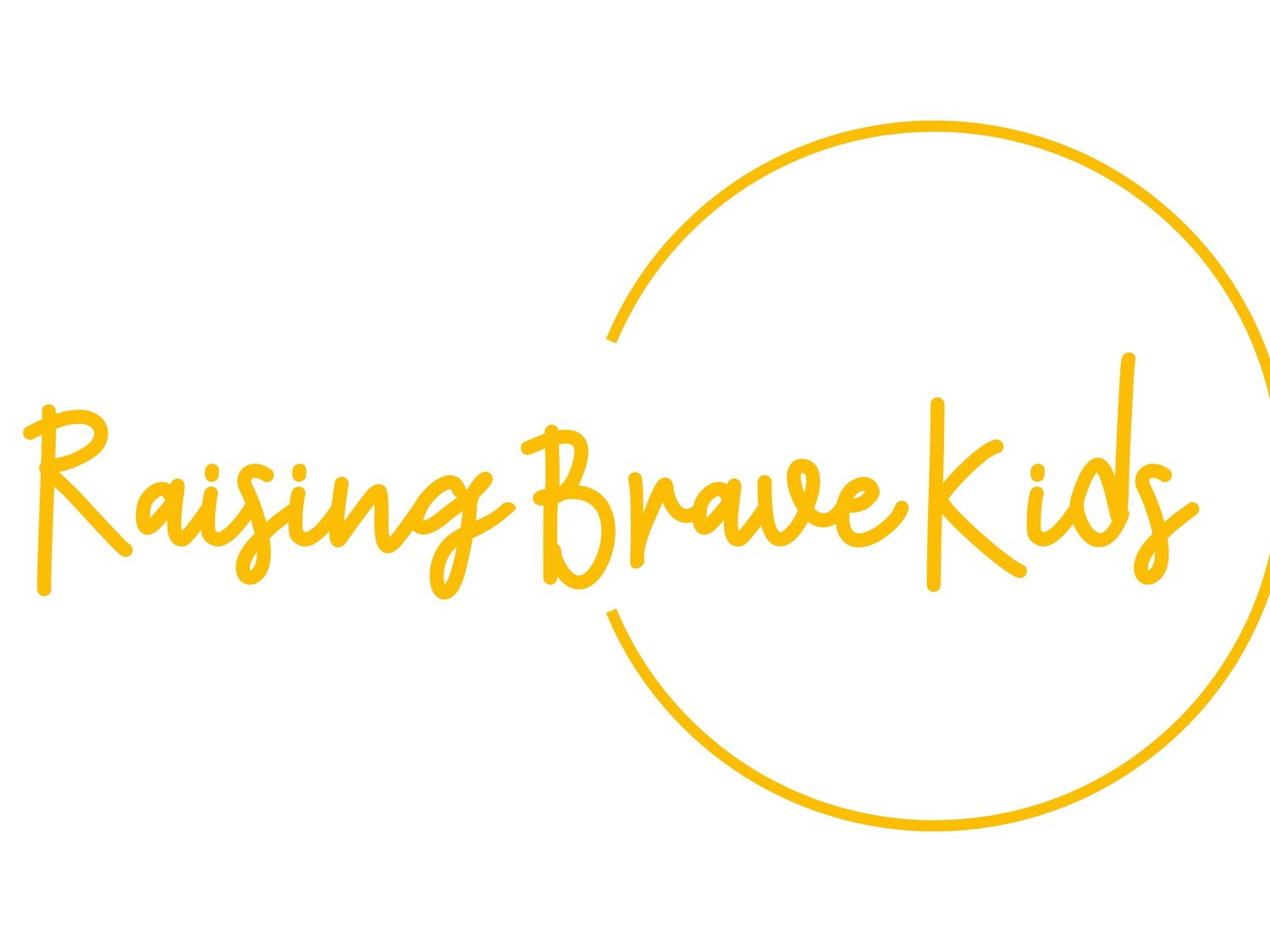Supporting Children & Teens with Generalized Anxiety Disorder
What Is Generalized Anxiety Disorder (GAD)?
GAD is a pattern of excessive, persistent worry across many parts of life (school, health, family, friendships, performance). It often comes with physical symptoms—muscle tension, restlessness, trouble sleeping, headaches, or stomachaches. To meet clinical criteria, worry and related symptoms are typically present most days for 6+ months and cause real interference at home, school, or socially.
Common signs in kids & teens:
“What if…?” worries that jump from topic to topic
Perfectionism and fear of making mistakes
Reassurance seeking (“Will it be okay?” “Are you sure?”)
Difficulty winding down, falling or staying asleep
Stomachaches, headaches, muscle tension, fatigue
Procrastination or avoidance when things feel overwhelming
Irritability, tearfulness, or shutdowns when stressed
It’s also common for GAD to show up with low mood or sadness, especially when kids feel worn out from trying to keep up with worry.
What research tells us:
GAD is one of the most common anxiety disorders in youth, and when left untreated, it increases the likelihood of depression and academic impairment. Early, structured treatment leads to significantly better long-term outcomes (Egger et al., 2003).
How We Help: CBT + ACT (Kid-Friendly & Doable)
Our approach blends structured skill-building with kindness and practicality—so kids can use tools in real life, not just in session.
CBT (Cognitive Behavioral Therapy):
Teach your child to spot worry-triggers, challenge unhelpful thoughts, and practice “just-right” actions instead of avoidance or perfectionism.
Research highlight:
CBT is one of the most effective treatments for youth anxiety—studies show about 66% of kids and teens are free of their primary anxiety disorder after a full course of CBT.
(Walkup et al., 2008; Journal of the American Academy of Child & Adolescent Psychiatry)
ACT (Acceptance & Commitment Therapy):
Build willingness to have normal feelings (even uncomfortable ones) while choosing actions that match their values—friendship, curiosity, kindness, courage.
Research highlight:
ACT is shown to be as effective as CBT for treating youth anxiety, and some studies suggest it may offer an advantage in reducing avoidance behaviors.
(Bai et al., 2025 meta-analysis)
Exposure-Based Practice (gentle + graded):
Step-by-step “brave practices” for the situations worry has been bossing around (raising a hand in class, turning in work without over-checking, attending a sports game or birthday party).
Emotion & Body Tools:
Kid-friendly skills for calming the nervous system—paced breathing, grounding, worry scheduling, sleep routines that actually stick.
Parent Support & Guidance:
We’ll help you reduce unintentional reassurance loops, set compassionate boundaries, and coach “brave, not perfect” at home. Our Raising Brave Parent Group is a great add-on for practical scripts and support.
Research highlight:
Studies show CBT is more effective when parents are involved, especially for kids with additional stressors or comorbidities. (Peris et al., 2022)
School Collaboration:
When helpful, we partner with teachers and counselors to simplify expectations, pace workload, and create check-ins that support progress. See For Schools..
What Treatment Looks Like
Our work blends evidenced based treatments like CBT, ACT, and supportive parent guidance. Here’s what that means in plain language:
Learn how anxiety works
Kids understand what their brain and body do when they’re worried.Build CBT thinking skills
They learn to spot worry thoughts, develop healthier thinking strategies, and try new behaviors.Use ACT to take meaningful steps
Instead of waiting to “feel less anxious,” kids learn to keep connecting with the stuff they care about while managing anxious feelings.Set up a Brave Steps Plan
Small, achievable steps that build confidence quickly.Practice coping tools
Breathing, grounding, problem-solving, and skills for handling big feelings.Coach parents to support progress
We help you reduce reassurance cycles and encourage brave behavior at home.Coordinate with school when needed
We can partner with teachers to make school feel more manageable.
Supporting the Whole Child
Every brain works differently. Our care is:
Neurodiversity-affirming: We adapt for ADHD, autism, and sensory needs (clear visuals, shorter reps, movement breaks, predictable structure).
Holistic: Sleep hygiene, realistic routines, movement, and nutrition tips that support a steadier nervous system.
Strengths-based: Kids aren’t “broken.” We amplify courage, flexibility, and self-compassion—one brave step at a time.
Why Start Now?
Early support helps kids interrupt the worry cycle before it spreads into more subjects and activities. With the right tools, children and teens learn to handle uncertainty, bounce back from mistakes, and spend more time on what they care about—not what anxiety demands.
Research highlight:
Early treatment leads to stronger long-term outcomes, lowers the risk of depression, and reduces school impairment. (Egger et al., 2003)
Take the First Step Toward Freedom from GAD
If your child is stuck in worry, we’re here with a plan that’s warm, structured, and doable for busy families.
Contact us today or schedule a free 15 min consultation
Generalized Anxiety Therapy in person in Portland, Oregon & Online in California
Sources:Walkup, J.T., et al. (2008). Cognitive Behavioral Therapy for Youth Anxiety Disorders. JAACAP.
Bai, P., et al. (2025). Meta-analysis of ACT vs. CBT for Youth Anxiety. BMC Psychiatry.
Peris, T.S., et al. (2022). Parent Involvement in Modular CBT. Child Psychiatry & Human Development.
Egger, H.L., Costello, E.J., & Angold, A. (2003). Anxiety and Impairment in Youth. JAACAP.When worry shows up everywhere—school, friends, health, homework, bedtime—it can take over a child’s day (and your family’s evenings). Kids with generalized anxiety often describe a “busy brain,” constant what-ifs, and body symptoms like stomachaches, headaches, or trouble sleeping. This isn’t a phase or a lack of effort. It’s anxiety doing its job a little too well—and we can help.
At Raising Brave Kids, we use evidence-based therapy—Cognitive Behavioral Therapy (CBT) and Acceptance & Commitment Therapy (ACT)—to help children and teens worry less, cope better, and feel more like themselves. We offer in-person sessions in Portland, OR and online therapy across California.

